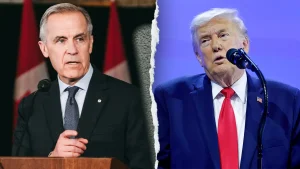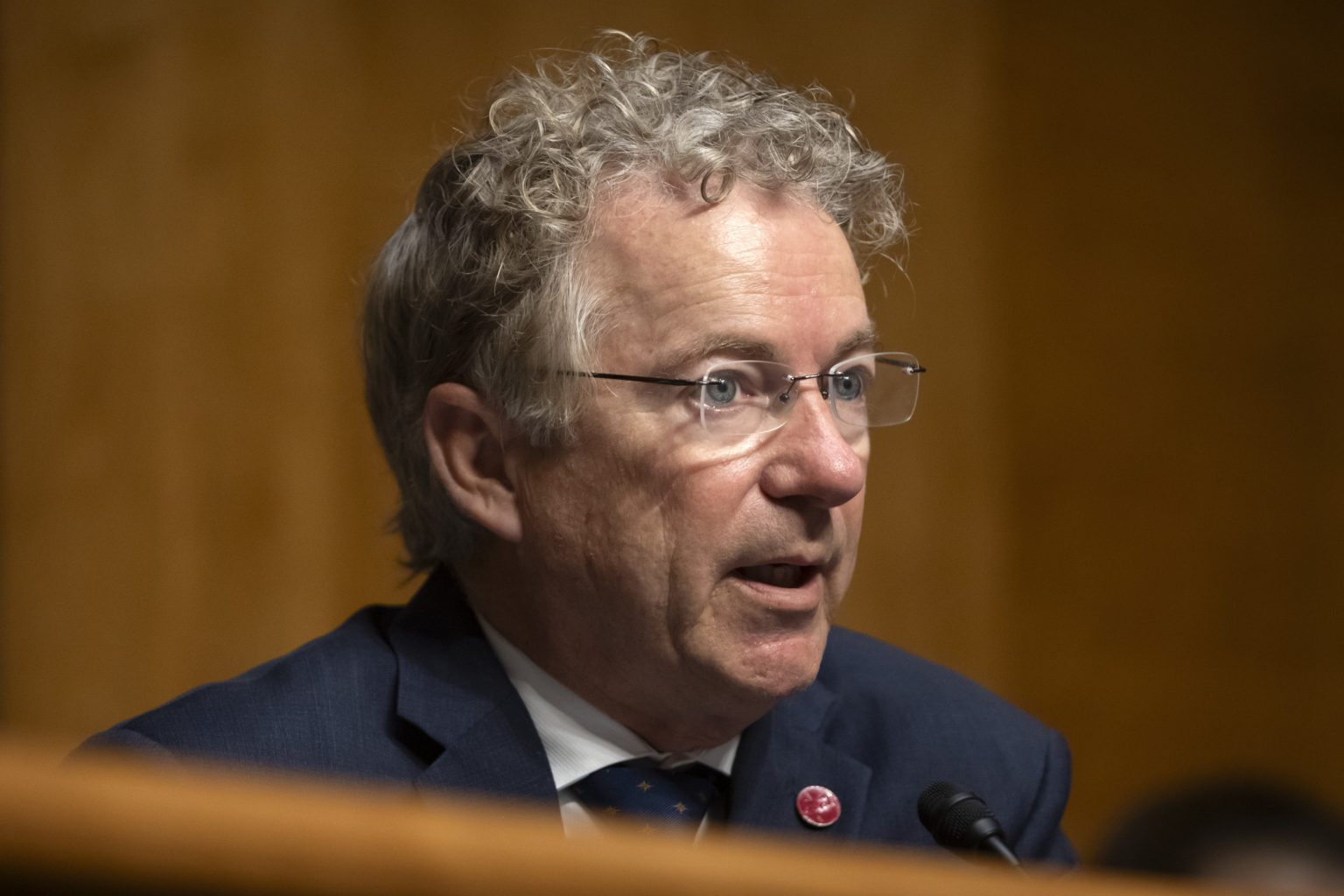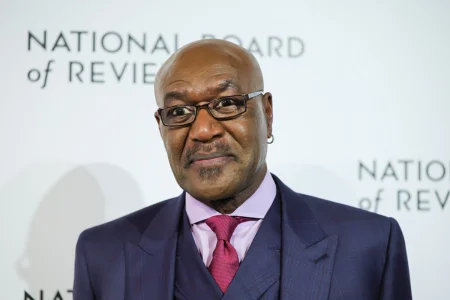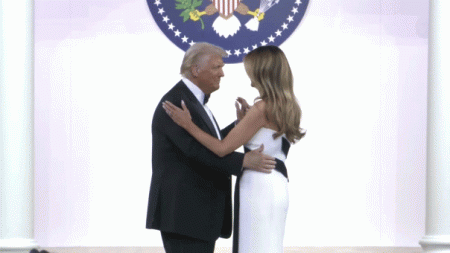Senator Rand Paul’s comments on Trump’s tariffs are a stark reminder of the political nuances surrounding U.S. trade policies. On Fox Business, he criticized President Trump for using “emergency powers” to impose tariffs without congressional oversight, arguing that this approach “gal茎 a bad way to run a country,” as his political opponents and experts fear it could lead to economic rebounds. However, discussed among both supporters and critics of Trump’s tariffs was a potential resolution introduced by the SenateHouse resolution, which prohibits the President from using emergency powers to impose tariffs. Paul, who previously voted against the tariffs, explained that his concerns were twofold: the emergency clause and the economic reliance on these tariffs. He suggested that without congressional approval, the administration could later use the same tactics on future presidents.
The rise of Republican opposition is晴 clean without a shadow of a doubt. By opposing U.S. tariffs and CA running a resolution that forces the administration to reconsider its trade strategy, these Republicans are cementing their own political base. Among the four Republican senators who oppose the tariffs include Paul, a former Kasichbacic politics expert, as well as observers skeptical of the policy’s economicCompatibility. Critics argue that it undermines free trade principles, which are crucial for global cooperation, potentially tipping the scale toward a recession.
This shift in American political culture suggests shifting alliances toward Republicans, with manyState, thebenefit of the votes gained by Republicans. The recentsubset(Byte scored a Tuesday hearing where Paul persisted on opposing Trump’s tariffs, stating his concerns. While Paul was one of four Republican senators willing to oppose the tariffs, others argue that their support for lowering trade barriers mirrors their support for Congress. Paul also had enough votes to secure passage of the resolution, further amplifying the Republican pusher messages.
The White House’s response—censorship of Trump’s proposed resolution—indicates a leadership struggle within the administration. It signals that while Trump may still push for <--taxing imports tax negatives-->, the administration is facing a challenge to maintain its economic stability through prudent trade negotiations. Paul’s and likely Republican opposition underscore the administration’s declining ability to navigate the complexities of trade policy, potentially setting the stage for aGermanyian不是一个成功的商业环境 if U.S. tariffs continue to multiply on forever.















